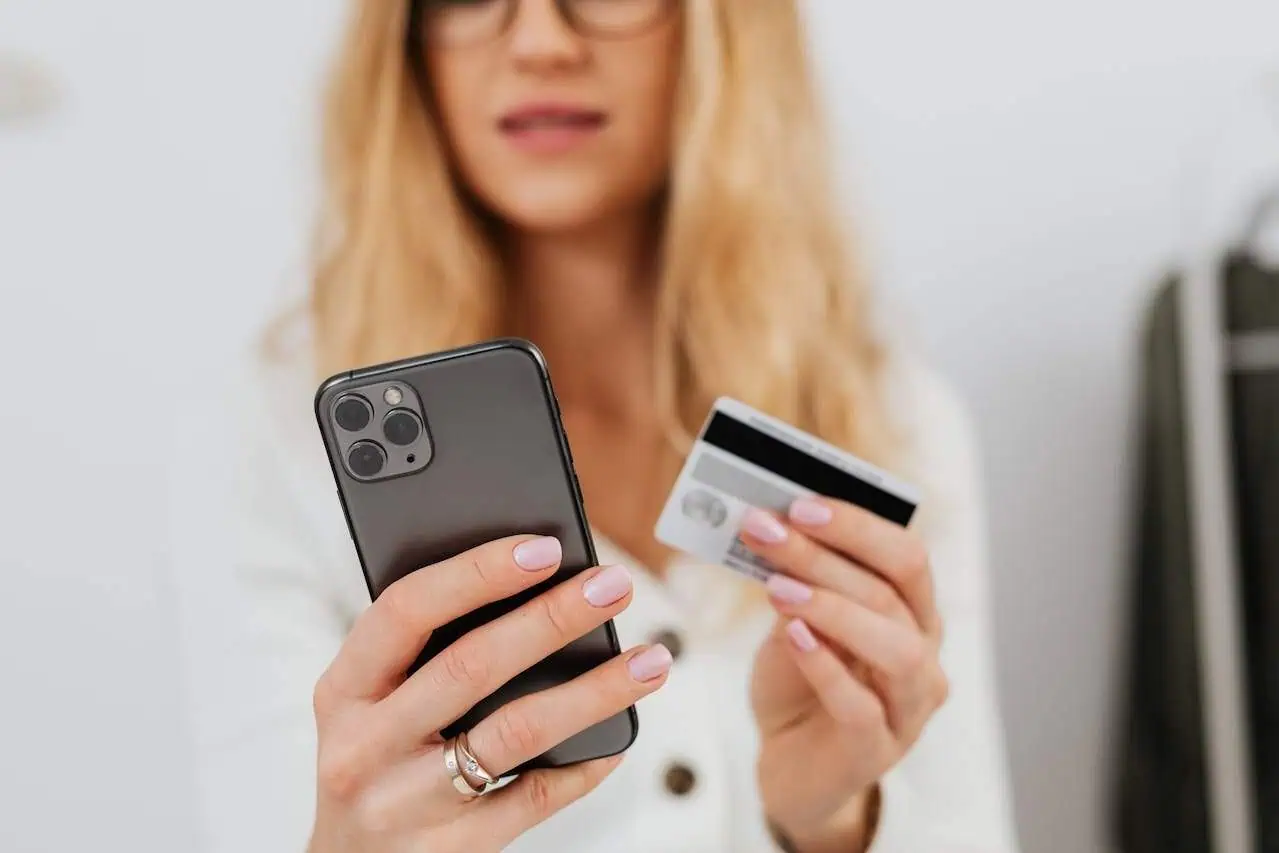Financial security in the digital age isn’t just nice to have, it’s essential. Whether you’re processing payments for a growing online store, signing up for key SaaS tools, or just managing your personal money, understanding how safe different payment methods are affects not only your peace of mind but also your profit.
Credit and debit cards have long been the main choice for most online purchases. They’re widely accepted, simple to use, and usually have good fraud protection. But, more and more consumers and smart business owners are looking at Pay by Phone options. Why? Well, they offer convenience, speed, and sometimes better security.
Specifically, the Advantages of Pay by Phone for online betting are getting attention because they protect sensitive financial details during transactions. This has sparked discussions about how these payment options could help all users, including entrepreneurs, especially when privacy and keeping spending under control are important.
Why is Payment Security Key for Entrepreneurs?
Running a business, big or small, means handling lots of transactions—subscriptions, payments to suppliers, marketing expenses, and more. With online crime increasing, any weakness in your payment methods can lead to costly problems.
For many female business owners in the UK, financial independence is closely linked to privacy and control. Pay by Phone methods offer protection by keeping your bank or card details away from the transaction. You just authorize a payment using your phone, and the amount is added to your monthly bill or taken from your prepaid credit. No need to type in long card numbers or trust websites with sensitive information.
Entrepreneurs often use both personal and business financial tools on different platforms. Pay by Phone options provide easier management and reduce risk by limiting how often your financial details are shared.
The Growth of Pay by Phone: What You Need to Be Aware Of
Pay by Phone is still relatively new in the payments industry, but it is quickly gaining popularity in the UK, particularly in places where quick, safe, and flexible payments are preferred. This includes digital subscriptions, transportation, and even online gambling websites.
But don’t assume it’s just for entertainment. Pay by Phone is also useful for businesses. Here’s why:
Better Privacy: No card details are shared. The payment is processed through your mobile provider, not a bank.
Simpler Transactions: Payments are quick and easy. No need to keep entering details or using multiple digital wallets.
Manage Spending: Because payments are limited by your mobile plan, managing budgets and avoiding overspending is easier.
Extra Security: Most systems ask you to confirm payments via text or fingerprint, adding more security.
These benefits make Pay by Phone attractive for both customers and small business owners who want secure and agile ways to do business online.
Smart Payment Strategies in a Digital Business World
For UK-based women who run their own businesses, implementing strong payment security into the broader operating structure is becoming increasingly important. While credit and debit cards remain popular, particularly for bigger financial investments or creating critical company credit, examining other options that provide increased privacy, faster transactions, and greater overall control is absolutely worth considering.
As the fintech landscape continually morphs, so too do the diverse payment avenues that sustain a modern business. Surprisingly, tools once perceived as consumer-oriented are now proving beneficial in the entrepreneurial space. Indeed, recent data from UK Finance highlights a rise in alternative payment adoption across a number of groups, especially among small business owners.
Understanding the technical aspects of successfully integrating these possibilities into your existing business resources gives you a real advantage, allowing you to adjust more easily in an increasingly mobile-driven environment
Real Stories, Tangible Results
Consider Ayesha, a Manchester-based founder of a sustainable skincare line. Upon integrating Pay by Phone options into her online retail platform, she found a markedly higher purchase completion rate among her Gen Z demographic. The seamless process—no need to fumble for credit cards at checkout—significantly reduced abandoned carts and expanded her access to an audience that prefers quick and secure payment options.
Or take Ellie, a Brighton-based computer consultant who uses Pay by Phone for a variety of digital subscriptions and essential marketing tools. “One less potential security weakness,” she says. “With Pay by Phone, I don’t have to constantly save card information on many platforms.“
Final Thoughts
As we move further, UK businesses are well positioned to lead by implementing tools that prioritise both agility and enhanced security measures. Pay by Phone may not completely replace traditional credit/debit card systems, but it can provide an appealing and often convincing option – especially in circumstances when privacy, speed, and a seamless user-friendly experience are necessary.
For deeper, research-backed insights into fintech dynamics and payment security protocols, reviewing the latest reports issued by the UK’s Financial Conduct Authority on digital payments is recommended.

